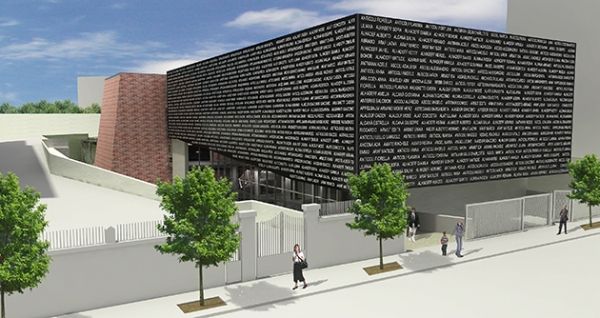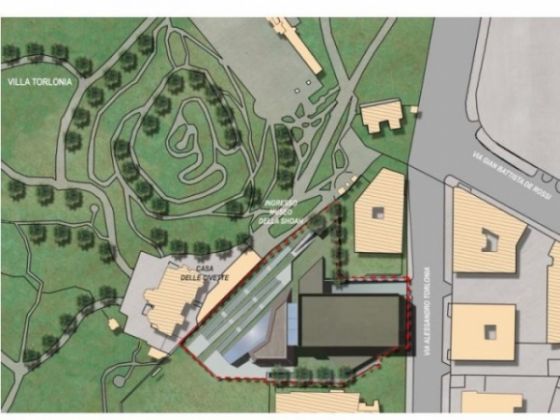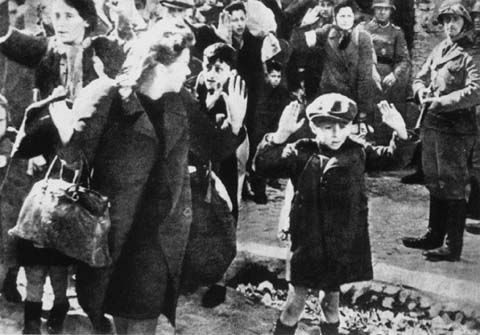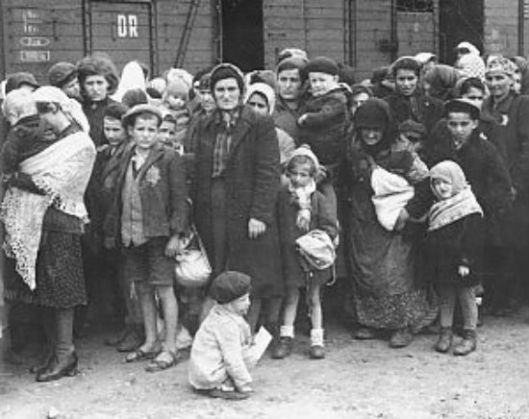News comes on 71st anniversary of deportation of Rome's Jews
Construction is to begin on Rome's Museo della Shoah, which will commemorate Italy’s Jewish victims of the Holocaust, at Villa Torlonia "as soon as possible" according to the city's mayor Ignazio Marino.
The news comes after years of false starts and follows a decision on 15 October by the foundation that has promoted the project since 2008.
It now looks like construction of the museum will begin in January at the site purchased by the city for the project almost a decade ago. The museum is to be built in the landscaped grounds of Villa Torlonia, the neoclassical former residence of fascist dictator Benito Mussolini and his family from 1925 to 1943.
Marino said that the building contract will be put out to tender and that the museum's foundation stone will be laid in 2015 to commemorate the 70th anniversary of the liberation of the Jews from the concentration camps. The city has also made available the Casina dei Vallati, an administrative building in the Ghetto district, for educational purposes and as a temporary museum venue.
Work on the Museo della Shoah has been delayed several times since it was first presented in 2005 by former Rome mayor Walter Veltroni. It should have opened in October 2008 according to initial hopes but it didn't receive the go-ahead from the Italian parliament until 2012 before being delayed again over financial uncertainty.
Designed by Italian architects Luca Zevi and Giorgio Tamburini, the museum forms a cuboid shape. Its high black walls will contain the inscriptions of the names of Italian Jews deported to Nazi concentration camps during world war two. There will be large plaster reproduction of the Nazi concentration camp at Auschwitz-Birkenau in Poland where over a million people were killed.
The announcement comes as the city commemorates the 71st anniversary of the deportation of more than 1,000 of Rome's Jews to the Nazi extermination camp at Auschwitz. The dawn raid occured on 16 October 1943 when 1,016 Roman Jews, including 200 children, were rounded up in the city's Ghetto district and taken across the Tiber to the Collegio Militare on Via della Lungara. Two days later they were sent to Auschwitz on a sealed train from Tiburtina station. Only six of them were to return to Rome, according to figures on the city hall website.


























